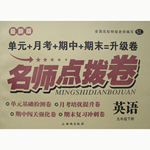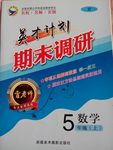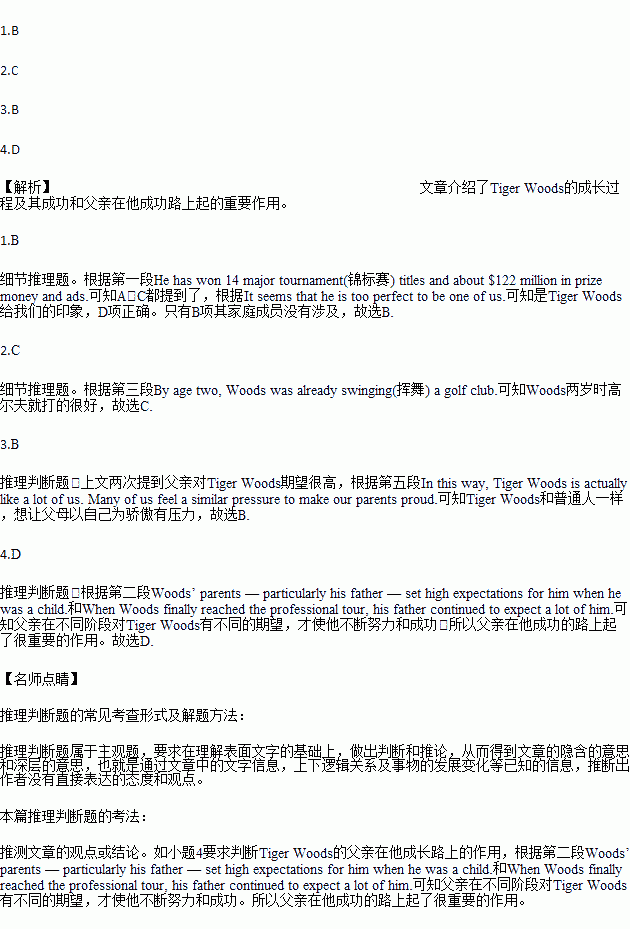题目内容
It’s easy to observe an athlete like Tiger Woods and feel like he’s from another planet. He has won 14 major tournament(锦标赛) titles and about $122 million in prize money and ads. He also has a happy family. It seems that he is too perfect to be one of us. But Woods has more in common with you than you might think.
Woods’ parents — particularly his father — set high expectations for him when he was a child. Before Earl Woods’ death in 2006, he told Golf magazine, “My purpose in raising Tiger was not to raise a golfer. I wanted to raise a good person.”
By age two, Woods was already swinging(挥舞) a golf club. But once he entered school, Woods’ father was careful to send the message that school work came first. Woods wasn’t allowed to practice until his homework was done.
When Woods finally reached the professional tour, his father continued to expect a lot of him. “Tiger will do more than any other man in history to change the course of human. The world is just getting a taste of his power,” he said in 1996. Clearly, Earl Woods had great expectations of his son.
In this way, Tiger Woods is actually like a lot of us. Many of us feel a similar pressure to make our parents proud. When this happens, it’s easy to let that pressure overwhelm(压倒) us.
In a perfect world, we would all grow up to be Tiger Woods-like successes in our own fields. But that isn’t possible. There are many things that we can’t control in this life, despite our best efforts.
There is, however, one thing that we can do: we can try to be a “good person”, as Earl Woods asked his son to do.
1.Which of the following is NOT mentioned in the first paragraph?
A. The number of tournament titles Tiger Woods has won.
B. The family members of Tiger Woods.
C. The money Tiger Woods has made in prize money and ads.
D. The impression that Tiger Woods leaves on us.
2.According to the passage, which of the following statements about Tiger Woods is TRUE?
A. Tiger Woods is too perfect to be one of us.
B. Tiger Woods wasn’t allowed to play golf after class.
C. Tiger Woods did very well in golf as a child.
D. Tiger Woods didn’t like playing golf when he was a child.
3.We can learn from the passage that Tiger Woods is under pressure to ____ just like many of us.
A. get high marks in the exam B. make his parents proud
C. change the course of human D. try to be a good person
4.We can infer from the passage that ______.
A. Tiger Woods has a happy family
B. Tiger Woods’ mother didn’t set high expectations for him
C. Tiger Woods has changed the course of human
D. Tiger Woods’ father plays an important role on his road to success
 名师点拨卷系列答案
名师点拨卷系列答案 英才计划期末调研系列答案
英才计划期末调研系列答案
